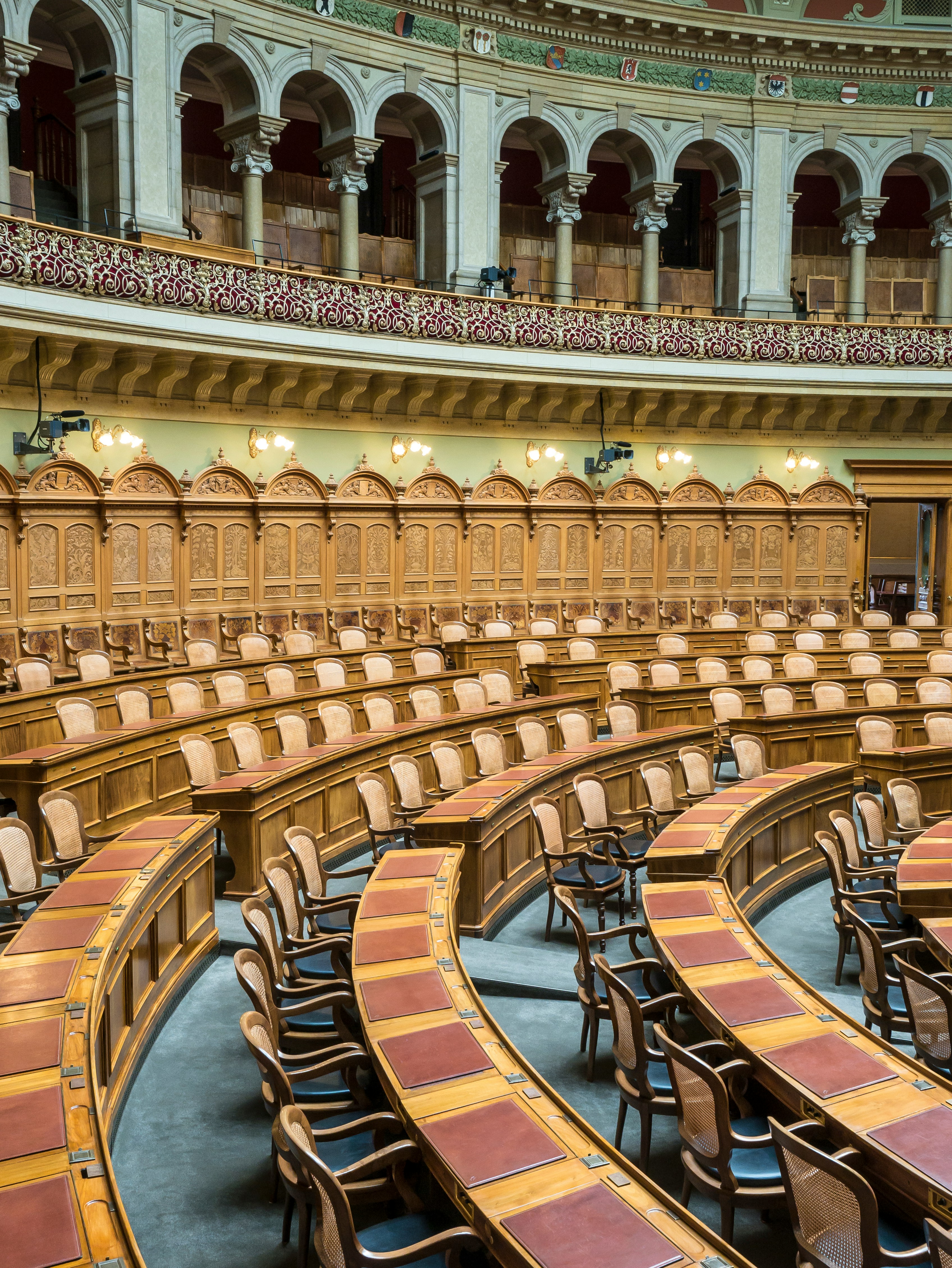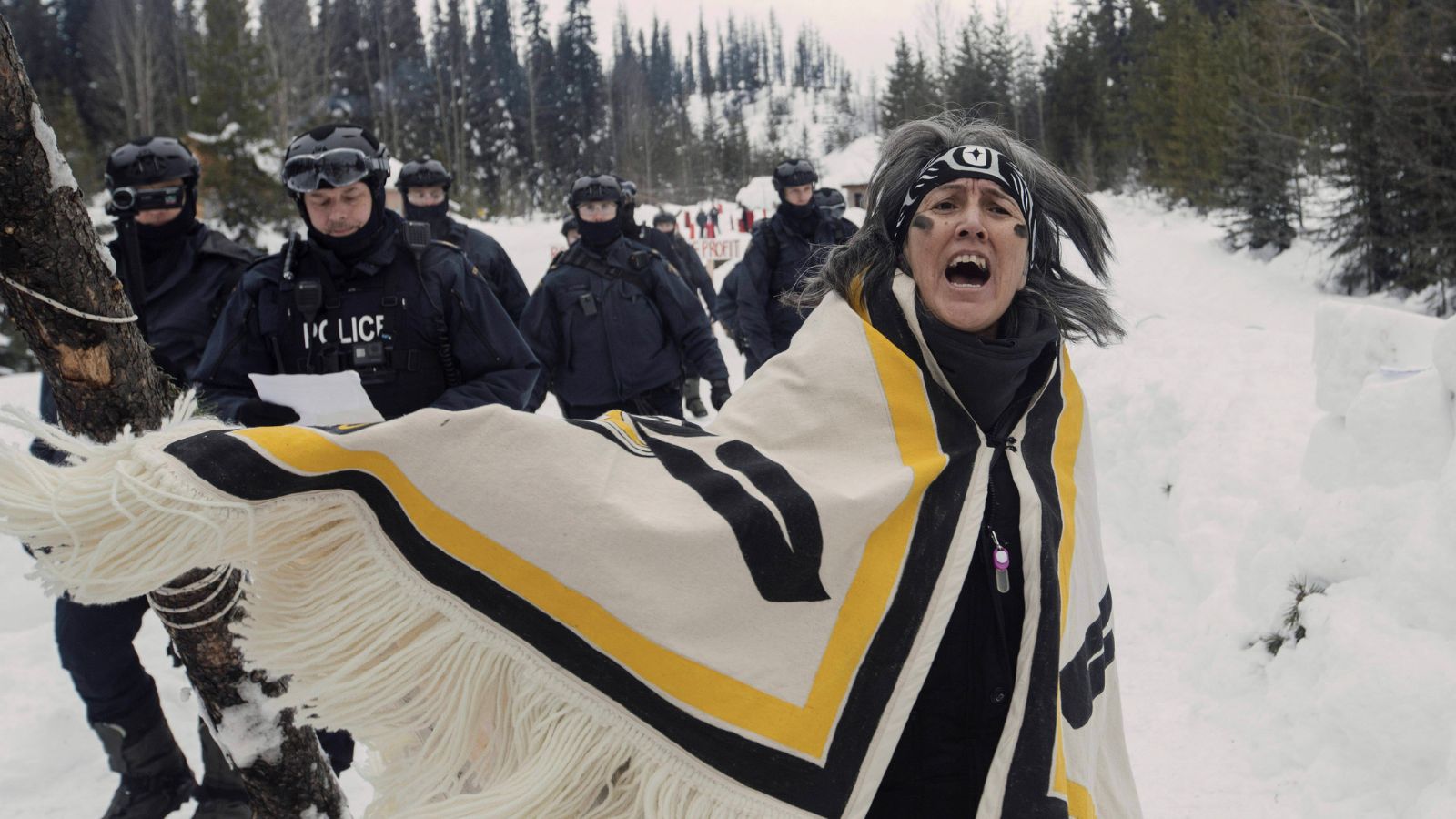Coral North FLNG project expected to produce emissions equivalent to 10 New York Cities annually
May 29, 2025 (SEOUL) – Today, Mozambican civil society group JA! (Justiça Ambiental!) and South Korean youth climate activists have filed a groundbreaking lawsuit against the Export-Import Bank of Korea (KEXIM) and the Korea Trade Insurance Corporation (K-SURE). The legal action seeks to prevent these institutions from making final investment decisions on or providing financial support to the Coral North Floating Liquefied Natural Gas (FLNG) project in Mozambique.
The two institutions have already provided approximately $1.8 billion in financing for Coral South, a twin project in Mozambique. Now, they are reportedly considering an additional $1.9 billion in loans and guarantees for Coral North. The financial agreements are expected to be finalized within the first half of 2025, raising concerns that public funds will once again be used to support fossil fuel expansion abroad.
Coral North is expected to produce 3.5 million tonnes of liquefied natural gas per year. The projected greenhouse gas emissions of 489 million tons of CO2-eq during the lifecycle of the project can be compared to the total annual emissions of 10 cities the size of New York City combined. Activists warn that such emissions would significantly accelerate global climate breakdown and risk triggering irreversible tipping points, such as the collapse of polar ice sheets and rising sea levels.
Citing findings from the Intergovernmental Panel on Climate Change (IPCC) reports, the applicants argue that any expansion of fossil fuel infrastructure is incompatible with the global goal of limiting warming to 1.5°C. Staying within this threshold requires a rapid phaseout of fossil fuels and significant reductions in greenhouse gas emissions across all sectors. Supporting projects like Coral North, they argue, undermines these efforts and contradicts South Korea’s international climate commitments.
Mozambique is one of the world’s most climate-vulnerable countries. With a 2,700-kilometer coastline, a climate-sensitive, agriculture-based economy, and limited adaptive infrastructure, the country ranks 153rd out of 187 on the Notre Dame Global Adaptation Initiative (ND-GAIN) Index. For Mozambicans, the climate crisis, intensified by projects like Coral North, is not just an environmental issue—it is a threat to their right to life, livelihood, and survival.

Image 1: Plaintiffs and activists gathered around the Seoul Central District Court, where the lawsuit was filed
“The Coral North gas project will deepen global climate injustice. Mozambique contributes just 0.21% to global greenhouse gas emissions, yet it is one of the countries most vulnerable to climate disasters like floods, droughts, and cyclones,” said Chaewon Kim, one of the youth plaintiffs from the Youth Climate Emergency Action (YCEA). “An investigative report published on 26 March 2025 by ReCommon, an Italian environmental organization, found that using emissions data from a 2023 World Bank report, flaring from the Coral South - Coral North's sister project - accounted for 11.2% of Mozambique’s total annual emissions — in just six months. Expanding fossil fuel projects like this in such a vulnerable country is profoundly unjust.”
The applicants argue that any financial backing for the project:
Violates Korea’s constitutional and legal obligations.
Jeopardizes environmental rights both globally and locally.
Contributes to irreversible climate damage with no sufficient public interest justification.
Given the severe environmental and social impacts of the project, the plaintiffs claim it violates the environmental rights of both Korean and Mozambican citizens. South Korea’s Constitution guarantees the right to live in a “healthy and pleasant environment”, a duty shared by both the state and its citizens. As public institutions, KEXIM and K-SURE have a responsibility not to fund projects that deepen the climate crisis.
Daniella Cha, Consultant at Solutions for Our Climate (SFOC) said “South Korea cannot credibly uphold its Paris Agreement commitments, or 2050 net-zero target while KEXIM and KSURE continue pouring billions in public funds into fossil fuel projects. This contradiction undermines Korea’s climate credibility and delays the global energy transition. South Korea must stop financing fossil fuel projects, switch gears by investing public funds into renewable energy, and join the Clean Energy Transition Partnership without further delay. Without these, South Korea is operating with a guilty conscience, and this needs to be called out on.”
ENDS.
Solutions for Our Climate (SFOC) is an independent nonprofit organization that works to accelerate global greenhouse gas emissions reduction and energy transition. SFOC leverages research, litigation, community organizing, and strategic communications to deliver practical climate solutions and build movements for change.
For media inquiries, please reach out to Yi Hyun Kim, Communications Officer, yihyun.kim@forourclimate.org.
Share this insights


































![[Brief] South Korea’s international public finance continues to block a just energy transition](https://content.sfoc.tapahalab.com/images/research/RC5Kime.jpg)


![[Report] The Inconsistent 'Coal-Free Pledge' of Korea's National Pension Service](https://content.sfoc.tapahalab.com/images/research/VcDPdme.jpg)



![[이슈브리프] 기후소송 국내 동향](https://content.sfoc.tapahalab.com/images/research/sAovdme.jpg)



![[토론회] 한국형 녹색분류체계(K-Taxonomy), 무엇이 녹색경제활동인가](https://content.sfoc.tapahalab.com/images/research/bn8jdme.jpg)
![[이슈 브리프] 탄소포집, 이용 및 저장기술(CCUS) 현황과 문제점](https://content.sfoc.tapahalab.com/images/research/SWESdme.jpg)





